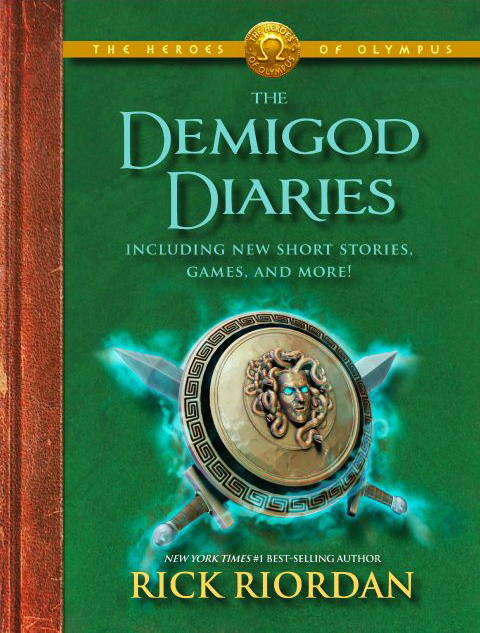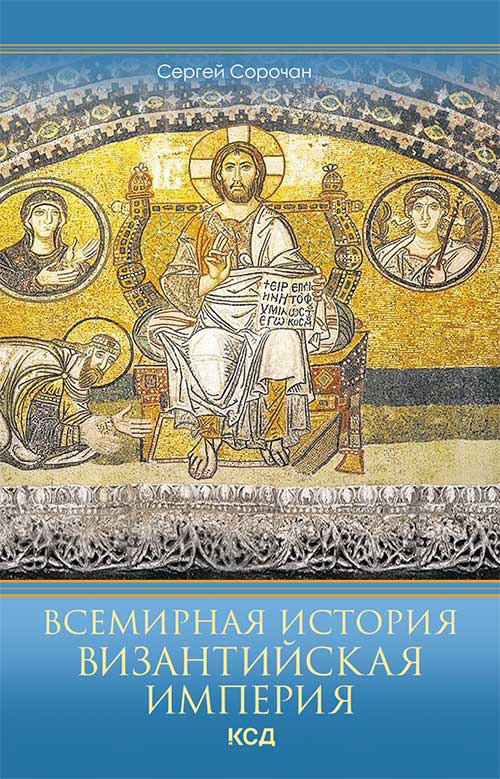Книга Воспитание дикости. Как животные создают свою культуру, растят потомство, учат и учатся - Карл Сафина
Шрифт:
Интервал:
Закладка:
140
Fuirst, M., et al. Manuscript. «Effects of Urbanization on the Foraging Ecology and Microbiota of a Generalist Seabird.»
141
Estes, J. A., et al. 2003. «Individual Variation in Prey Selection by Sea Otters: Patterns, Causes and Implications.» Journal of Animal Ecology 72: 144–55.
142
Norton-Griffiths, M. 1967. "Some Ecological Aspects of the Feeding Behaviour of the Oystercatcher Haematopus ostralegus on the Edible Mussel Mytilus edulis." Ibis. Online.
143
Kraker, D. 2018. «The Secret Fishing Habits of Northwoods' Wolves.» NPR.org. Online.
144
Aplin, L. M., et al. 2013. "Milk Bottles Revisited: Social Learning and Individual Variation in the Blue Tit, Cyanistes caeruleus." Animal Behaviour 85: 1225–32. См. также: Aplin, L. M., et al. 2015. «Experimentally Induced Innovations Lead to Persistent Culture via Conformity in Wild Birds.» Nature 518: 538–41.
145
Breitwisch, R., and M. Breitwisch. 1991. «House Sparrows Open an Automatic Door.» Wilson Bulletin 103: 725–26. См. также: Spector, D. 2014. «Smart Birds Learned How to Operate Automatic Doors.» Business Insider. Online.
146
Suárez-Rodriguez, M., et al. 2012. «Incorporation of Cigarette Butts into Nests Reduces Nest Ectoparasite Load in Urban Birds: New Ingredients for an Old Recipe?» Biology Letters 9: 20120931.
147
Сейчас известно уже около 10 800 видов. – Прим. пер.
148
Waters, H. 2016. "New Study Doubles the World's Number of Bird Species by Redefining 'Species.' " Audubon. Online.
149
Laiolo, P., and J. L. Tella. 2007. «Erosion of Animal Cultures in Fragmented Landscapes.» Frontiers in Ecology and the Environment 5: 68–72.
150
Hart, P. J., et al. 2018. «Birdsong Characteristics Are Related to Fragment Size in a Neotropical Forest.» Animal Behaviour 137. Online.
151
Пер. С. Маршака.
152
Brightsmith, D. J. 2005. «Parrot Nesting in Southeastern Peru: Seasonal Patterns and Keystone Trees.» Wilson Bulletin 117: 296–305.
153
Berkunsky, I., et al. 2017. «Current Threats Faced by Neotropical Parrot Populations.» Biological Conservation. Online.
154
Nijhuis, M. 2008. «Friend or Foe? Crows Never Forget a Face, It Seems.» New York Times, August 25. Online.
155
Berg, K. S., et al. 2011. «Vertical Transmission of Learned Signatures in a Wild Parrot.» Proceedings of the Royal Society B 279: 585–91.
156
Hile, A. G., and G. F. Striedter. 2000. "Call Convergence Within Groups of Female Budgerigars (Melopsittacus undulatus)." Ethology 106: 1105–14.
157
Nowicki, S. 1983. «Flock-Specific Recognition of Chickadee Calls.» Behavioral Ecology and Sociobiology 12: 317–20.
158
Prat, Y., et al. 2017. «Crowd Vocal Learning Induces Vocal Dialects in Bats: Playback of Conspecifics Shapes Fundamental Frequency Usage by Pups.» PLOS Biology 15: e2002556.
159
Aplin, L. M. 2019. «Culture and Cultural Evolution in Birds: A Review of the Evidence.» Animal Behaviour 147: 179–87.
160
Massen, J.J.M., et al. 2014. «Ravens Notice Dominance Reversals Among Conspecifics Within and Outside Their Social Group.» Nature Communications 5: 3679. Online.
161
Simхes-Lopes, P. C., et al. 1998. «Dolphin Interactions with the Mullet Artisanal Fishing on Southern Brazil: A Qualitative and Quantitative Approach.» Revista Brasileira de Zoologia 15: 709–26. См. также: Daura-Jorge, F. G., et al. 2012. «The Structure of a Bottlenose Dolphin Society Is Coupled to a Unique Foraging Cooperation with Artisanal Fishermen.» Biology Letters 8: 702–5. См. также: Machado, A.M.S., et al. 2019. «Homophily Around Specialized Foraging Underlies Dolphin Social Preferences.» Biology Letters. Online.
162
Romeau, B., et al. 2017. «Bottlenose Dolphins That Forage with Artisanal Fishermen Whistle Differently.» Ethology 123: 906–15.
163
Burger, Parrot Who Owns Me, p. 139.
164
Meyberg, B. 2017. "Orientation of Native Versus Translocated Juvenile Lesser Spotted Eagles (Clanga pomarina) on the First Autumn Migration." Journal of Experimental Biology 220: 2765–76.
165
Whiten, A. 2017. «A Second Inheritance System: The Extension of Biology Through Culture.» Interface Focus. Online.
166
Festa-Bianchet, M. 2018. «Learning to Migrate.» Science 361: 972. См. также: Jesmer, B. R., et al. 2018. «Is Ungulate Migration Culturally Transmitted? Evidence of Social Learning from Translocated Animals.» Science 361: 1023–25.
167
Warner, R. W. 1988. «Traditionality of Mating-Site Preferences in a Coral Reef Fish.» Nature 335: 719–21.
168
Brightsmith, D., et al. 2005. "The Use of Hand-Raised Psittacines for Reintroduction: A Case Study of Scarlet Macaws (Ara macao) in Peru and Costa Rica." Biological Conservation 121: 465–72.
169
Пер. П. Вейнберга.
170
Berg, K. S., et al. 2011. «Contact Calls Are Used for Individual Mate Recognition in Free-Ranging Green-Rumped Parrotlets.» Animal Behaviour 81: 241–48.
171
Chakraborty, M., et al. 2016. «Core and Shell Song Systems Unique to the Parrot Brain.» PLOS One 10: e0118496.
172
Darwin, C. R. Notebook M: [Metaphysics on morals and speculations on expression (1838)]. Darwin Online, http://darwin-online.org.uk/, pp. 31–32.
173
Beston, H. 1928. The Outermost House (repr., New York: Henry Holt, 1992), p. 25.
174
Visscher, J. P. 1928. «Notes on the Nesting Habits and Songs of the Mockingbird.» Wilson Bulletin 40: 209–16. См. также: Laskey, A. 1944. «A Mockingbird Acquires His Song Repertory.» Auk 61: 211–19.
175
Chen, Y., et al. 2016. «Mechanisms Underlying the Social Enhancement of Vocal Learning

























